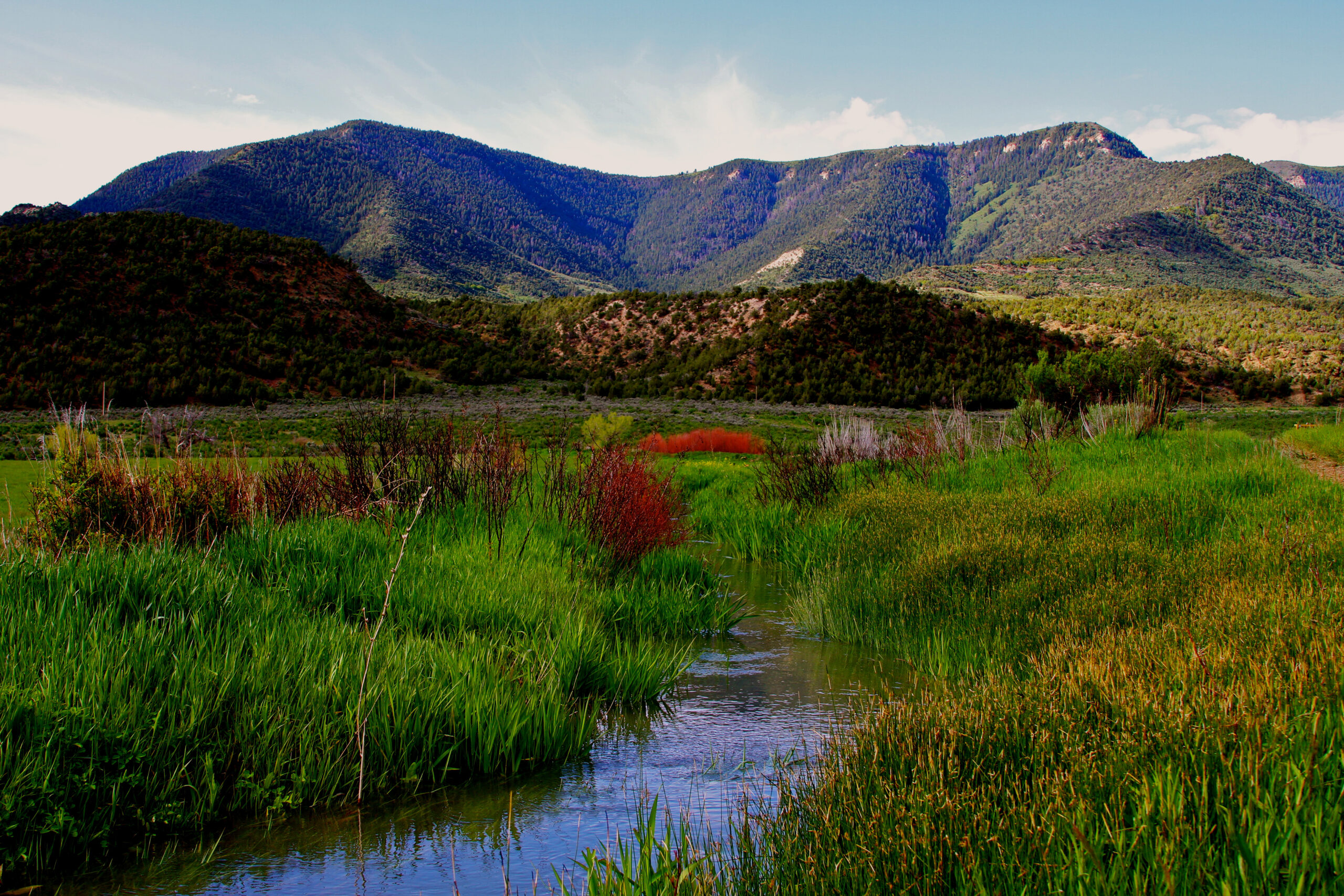PERC joined the Western Landowners Alliance, the New Mexico Habitat Conservation Initiative, the Rocky Mountain Farmers Union, and the Utah Farmers Union to file an amicus brief in support of private land conservation.
The United States Court of Appeals for the Tenth Circuit will soon decide whether county commissioners can force The High Lonesome Ranch, a private ranch in Colorado, to accept unregulated public access across its property. Such actions not only undermine property rights but also threaten conservation.
Elk and deer roam the hillsides, bears meander through meadows, and trout swim the many streams of The High Lonesome Ranch’s landscape. Thus, the ranch is known not just for its cattle operation, but also its commitment to conservation.
Ignoring the conservation interests at stake, and without any plan to responsibly maintain access to this pristine landscape, the Garfield County Board of County Commissioners has asked the court to declare it open to the public, claiming a repealed federal statute establishes there are long lost public roads across the ranch. Never mind, the county says, that a state court has previously declared the roads private and they have been behind a locked gate for decades.
PERC joined the Western Landowners Alliance, the New Mexico Habitat Conservation Initiative, the Rocky Mountain Farmers Union, and the Utah Farmers Union to file an amicus brief on The High Lonesome Ranch, LLC, v. Board of County Commissioners for Garfield County with the U.S. Court of Appeals for the Tenth Circuit. We argue that undermining property rights and mandating public access will discourage pivotal conservation efforts on the most productive and ecologically diverse lands in North America—western private land.
As explained in the brief:
Conservation-minded action on the remaining private land in the West, with its disproportionate water resources and wildlife habitat, is of fundamental importance to the larger landscape. Landowners, however, face threats and barriers to implementing sound management and conservation. These threats include the unnecessary and forced fragmentation of private land and the lack of enforcement resources when access to private land is expanded.
We ask the Court to uphold the property rights of the High Lonesome Ranch and remember that “Because of the quality of [private] lands, meaningful conservation in the West must account for the incentives and challenges private landowners face.”




